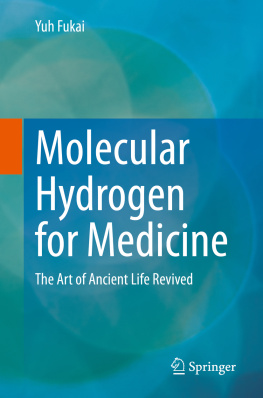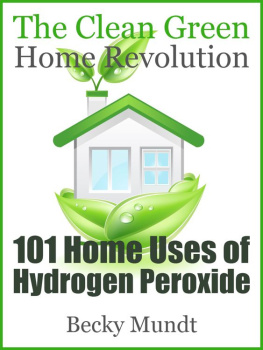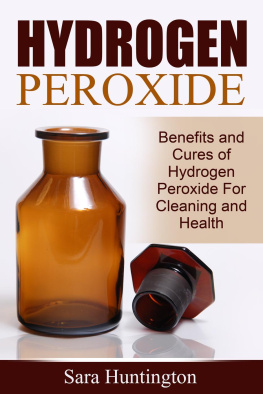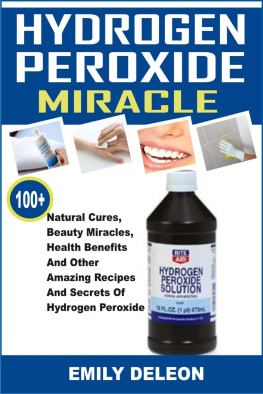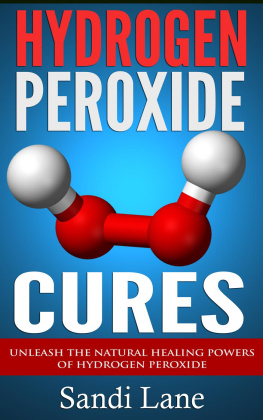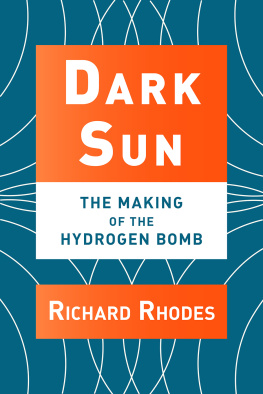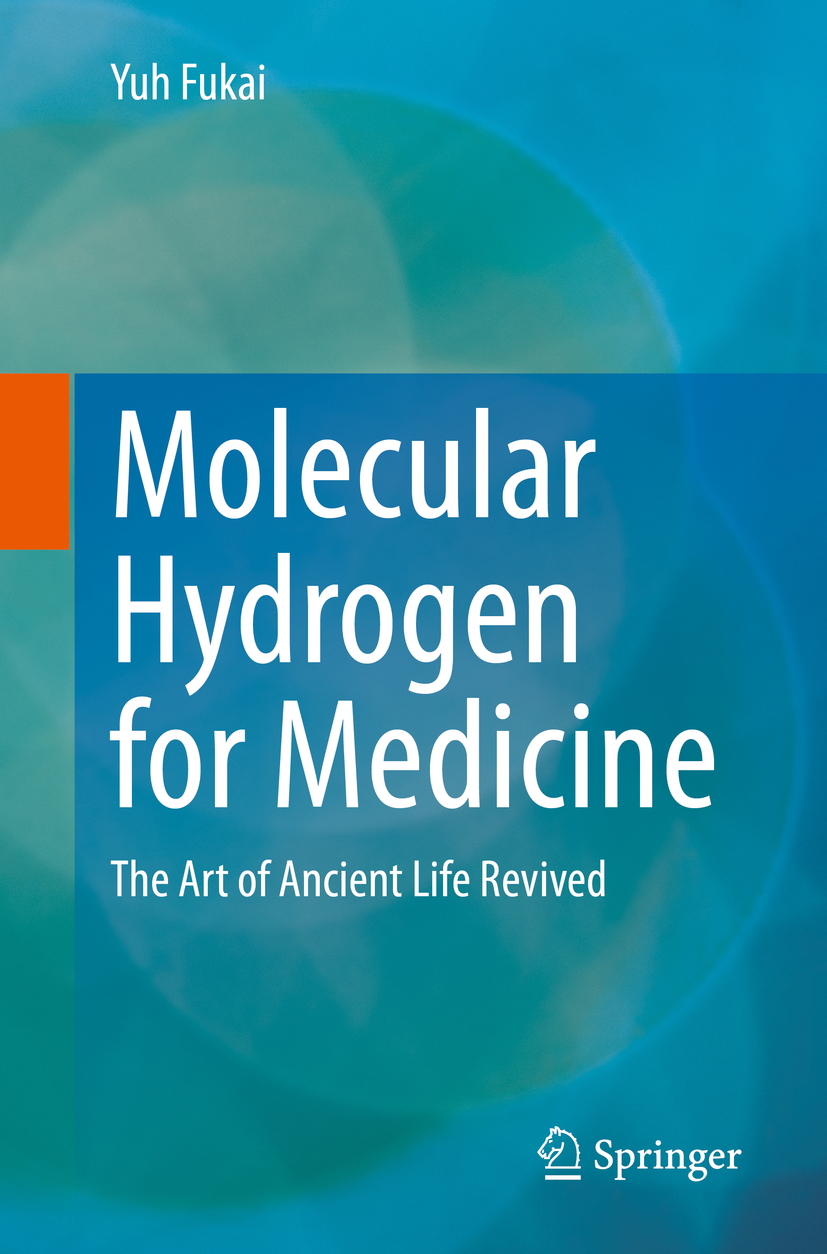Yuh Fukai
Molecular Hydrogen for Medicine
The Art of Ancient Life Revived
1st ed. 2020

Logo of the publisher
Yuh Fukai
Department of Physics, Prof. Emer. of Chuo University, Tokyo, Japan
ISBN 978-981-15-7156-5 e-ISBN 978-981-15-7157-2
https://doi.org/10.1007/978-981-15-7157-2
The Editor(s) (if applicable) and The Author(s), under exclusive license to Springer Nature Singapore Pte Ltd. 2020
This work is subject to copyright. All rights are solely and exclusively licensed by the Publisher, whether the whole or part of the material is concerned, specifically the rights of translation, reprinting, reuse of illustrations, recitation, broadcasting, reproduction on microfilms or in any other physical way, and transmission or information storage and retrieval, electronic adaptation, computer software, or by similar or dissimilar methodology now known or hereafter developed.
The use of general descriptive names, registered names, trademarks, service marks, etc. in this publication does not imply, even in the absence of a specific statement, that such names are exempt from the relevant protective laws and regulations and therefore free for general use.
The publisher, the authors and the editors are safe to assume that the advice and information in this book are believed to be true and accurate at the date of publication. Neither the publisher nor the authors or the editors give a warranty, expressed or implied, with respect to the material contained herein or for any errors or omissions that may have been made. The publisher remains neutral with regard to jurisdictional claims in published maps and institutional affiliations.
This Springer imprint is published by the registered company Springer Nature Singapore Pte Ltd.
The registered company address is: 152 Beach Road, #21-01/04 Gateway East, Singapore 189721, Singapore
Preface
This is a book of introduction to Molecular Hydrogen Medicine, a young field of medicine initiated by a seminal paper of Ohsawa and others in 2007. They reported that inhalation of hydrogen gas led to the elimination of harmful reactive oxygen species in rats and proceeded further to demonstrate various physiological effects and possible medical applications of hydrogen gas. After vigorous research activities of many people that ensued, their discovery was firmly established, and numerous clinical projects were started, yielding eye-opening results in many cases. Unfortunately, however, the vast array of research results remains mostly unknown to the public, and there are even many skeptics among medical specialists. In fact, the discovery of Ohsawa et al. came as a surprise to most people in biochemistry and medicine because hydrogen gas was generally regarded to be an inert gas doing nothing to the living body. This common sense of biochemistry, namely the inactivity of molecular hydrogen, has been an obstacle for Molecular Hydrogen Medicine to be duly appreciated from the medical community at large. Clearly, something must be done to remove this obstacle.
I am not an expert in Molecular Hydrogen Medicine and do not even belong to the medical community. I spent most of my life doing research on hydrogen in physics, chemistry, materials science, and Earth science, but I have always kept my eye on whatever is related to hydrogen, including of course Molecular Hydrogen Medicine. Now I realize that there is an important role for me to play in this occasion, a role of fair and critical guide to Molecular Hydrogen Medicine. There is an urgent need for an accurate explanation of the present state of science and medicine of molecular hydrogen to the public, but no one engaged in research dared to take on such a job; they are too busy in pursuing their own problems. So I decided to do it myself. This book is currently the only monograph written on this subject and hopefully a useful guide to Molecular Hydrogen Medicine.
In fact, it is not this sense of mission alone that brought me to this job of writing. With some knowledge of Earth science, especially that the life on Earth was born in the world of hydrogen, I have come to an idea that a hydrogen machinery engraved in our body, disclosed by Molecular Hydrogen Medicine, must have been inherited, at least in part, from our distant ancestors in the hydrogen era. Only from this point of view, Molecular Hydrogen Medicine could be placed legitimately in the broad perspective of life on Earth. This is an attempt I wish to make in writing this book.
This book is based on Marvelous Medical Actions of Molecular Hydrogen (Kobunsha, Tokyo in Japanese) published in 2017, which has been revised to a large extent to include recent progress. I hope that in reading this book, the readers will gain an awareness of Molecular Hydrogen Medicine and recognize the depth and breadth of the world of life with hydrogen.
I received support from Dr. Ikuroh Ohsawa, one of the founding fathers of Molecular Hydrogen Medicine and a specialist in the field, in every phase of writing. I wish to express my heartfelt thanks for his kind support. I also wish to thank Dr. Moto Fukai for careful reading of the manuscript. I acknowledge some assistance from Editage ( www.editage.com ) for English language editing.
Yuh Fukai
April 2020
Introduction
Molecular Hydrogen Medicine is a field of medicine in which physiological actions of molecular hydrogen are utilized for medical purposes. There, molecular hydrogen H2 is supplied to patients either as hydrogen gas or hydrogen water (aqueous solution of H2), by breathing, drinking, or injection.
Some might think that, since hydrogen is a major constituent of the human body, the intake of small amounts of hydrogen should not cause any significant effects. However, this is not the case. Whereas hydrogen in the body exists exclusively as compounds (i.e. water, proteins, fats, carbohydrates, etc.), hydrogen in molecular form ( molecular H2 for short) is almost non-existent; therefore, its introduction from outside, though small in amounts, may produce situations totally unknown to the body. And indeed, as research activities progressed, it has come to be recognized that molecular H2 exerts therapeutic and preventive effects on many diseases, including cardiovascular diseases, metabolic syndromes, rheumatoid arthritis, radiation damage, to name a few. The efficacy is far beyond any expectations. Hydrogen exhibits different properties in different bonding states, and only in the molecular form, it exerts these unique physiological effects.
In Part I of the book What Is Molecular Hydrogen Medicine? a consistent description of Molecular Hydrogen Medicine is given, from its birth in 2007 to the present state and its future prospect, encompassing animal experiments and numerous clinical applications. In this young field of research, however, it is essential to make a critical evaluation and selection of existing data. Therefore, the primary aim of Part I is not to provide a comprehensive review of existing data, but a presentation of well-scrutinized set of data that delineate the possible extension and in-depth understanding of this area of medicine.
Part II, Tracing the History of Life and Hydrogen tries to place Molecular Hydrogen Medicine in the context of the evolution of life from ancient hydrogen age. It is believed that first life on Earth originated in the sea, where hydrogen was utilized as an energy source. Subsequently, oxygen was produced by cyanobacteria and living organisms developed the ability to use this oxygen and then moved onto land. It is unlikely that the memory of the hydrogen era, from which life evolved, has been completely lost in these processes. Thus, it is believed that in order to understand the functions of the human body, the process of how we have reached the present state after the long history of life must be understood. Such an approach should provide new and exciting research perspectives. Observation of our current form alone, however hard we may try, has its own limitations. In short, I wish to lay out the story of how humans rediscovered the value of hydrogen after our long evolutionary history.

